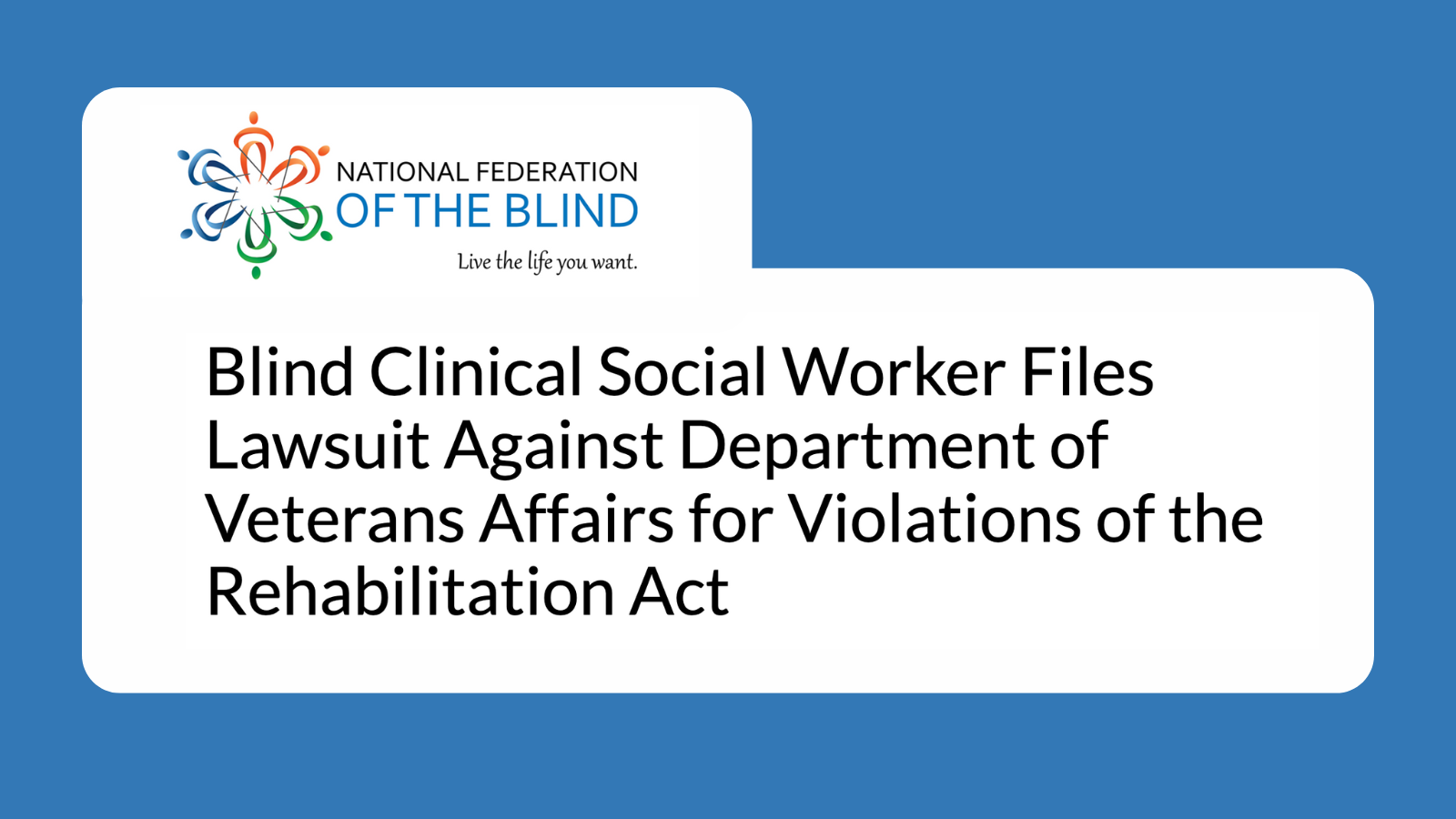Anti-Black Racism – Verfassungsblog – Cyber Tech
Drawing on conversations with a queer interlocutor who moved to Austria to flee persecution of their nation of origin, I mirror on the boundaries of authorized safety within the host nation when and if it isn’t accompanied by social change. I deal with the strain launched by anti-black racism that is available in the way in which of queer solidarity. I ask: what does it imply to be secure, to be granted safety by the legislation if one’s high quality of life remains to be burdened by racial discrimination?
How do I navigate Austria… which is tremendous white and constructed in a manner that doesn’t settle for my physique…I can actually step outdoors of this home, and even be on this home and nonetheless, I’ve a number of points that don’t acknowledge me as a human being as a result of it isn’t constructed for a physique like mine. And in that understanding, there may be additionally one other place the place a harm occurs from my folks, my dwelling nation. I needed to be on this area in order that I might be secure. On the similar time, I converse concerning the racism that I face [here] as a Black physique… And in addition inside the [white] queer neighborhood, there may be all this heavy fetishization that occurs. How do I reconcile what occurs to me as a Black queer physique? With a consciousness of an individual that’s challenged by the final [European] public but additionally challenged by my very own neighborhood?
These are the phrases of my interlocutor C quoted from an interview carried out in August 2023. C’s asylum standing was granted in Austria after they escaped persecution of their dwelling nation because of their sexual and gender id. So far as their existence within the host nation goes, they’re protected by the legislation due to, and nationwide legal guidelines, regional, and worldwide conventions. The particular form of menace they was once confronted with by legislation enforcement our bodies, in addition to most people again dwelling is sort of nonexistent. This progress however, the vignette captures the dilemmas of security and the boundaries of authorized safety even after one’s authorized standing is confirmed by way of the asylum course of. As we study from C’s reflection, they nonetheless reside a life the place they need to self-consciously conduct themselves in a manner that doesn’t disturb the consolation of their host’s socio-cultural panorama. C hints on the danger that they could be a sufferer of hate crimes because of their racial id, highlighting the issues behind what Waruguru Gaitho calls a single-axis method the legislation takes to fixing advanced and intertwined social points. In response to Gaitho, worldwide human rights legal guidelines and others that draw on them are likely to downplay the multiplicity of identities in privileging a single marker (akin to gender) as the only real class that defines an individual.
Nevertheless, as we collect from the abovementioned instance, C’s expertise demonstrates that the legislation is extremely restricted as an goal instrument if it solely focuses on a single class for it fails to account for what it means to exist as a non-white queer asylum seeker in Europe the place completely different types of discrimination work together to form the lifetime of the now “secure” immigrant. On this case, what does it imply to be secure, to be granted safety in authorized phrases if one’s high quality of life remains to be burdened by racial discrimination? How can a Black queer belonging be imagined in a brand new vacation spot that provides security from one form of violence whereas the racially motivated menace stays unaccounted for? I mirror on these questions hoping to contribute to the dialogue about racism in Europe and the way Gaitho’s “the single-axis mannequin of the legislation” may be inadequate in addressing deeply rooted intersectional points.
Whereas it must be famous that the single-axis method of the legislation has been criticised by completely different students and likewise that some enhancements are underway, the social lifetime of non-white queer immigrants in Europe signifies that there’s a want for extra work past what the legislation can present. Though as Richard Mole suggests “European establishments have completed a lot to advertise the authorized equality of sexual minorities”, the socio-cultural context by which non-heterosexual non-cisgender migrants discover themselves stays fraught. On the subject of socialization, significantly in nonmetropolitan areas, race performs a paramount function in shaping one’s sense of being and belonging to a queer neighborhood, even when queer folks within the host nation are welcoming, open, and supportive. That is exactly as a result of, as described by Richard Mole, “the authorized asylum course of doesn’t function in isolation from social phenomena and that area, religion, and help teams play vital roles in figuring out the well-being of sexual and gender minorities”. Whereas the legislation may make the existence of a person legally doable, the socio-cultural context by which one finds themselves turns into a supply of dilemma or it leads to marginalization the place on the one hand the cultural norms of the host nation prohibit full freedom and on the opposite, the racism inside even benevolent queer people creates the impediment to the making of a brand new dwelling guarded towards the violence that one runs away from. Which means that even when the asylum legislation for non-heterosexual and non-cisgender folks might be assessed as favourably altering over time, different points akin to socio-cultural circumstances stay salient in constraining the security that the minoritized run to. When nationwide boundaries are crossed and the legislation makes life slightly extra bearable by giving authorized standing to queer asylum seekers, the racial boundaries stay to be stark. These boundaries exacerbate the concern and nervousness. They turn out to be sources of discrimination and violence to the extent that the likes of C should take into consideration how one can conduct themselves once they transfer inside what claims to be a rustic of freedom. The tales informed about European tolerance and its illustration as a secure haven for nonwhite queers who escape persecution from their homophobic international locations are thrown into sharp reduction by these encounters.
Race as an Intractable Drawback of the Legislation
Allow us to come again to C’s expertise to elucidate race as an intractable downside of the legislation {that a} single-axis mannequin overlooks assuming that the legislation has completed its task of making certain security by granting asylum. When C first arrived in Austria in 2016, they obtained a number of help from a Linz (a smaller metropolis in Austria) based mostly queer neighborhood to assist them settle. Whereas appreciating the hospitality, C and their pal N needed to take care of race as a marker of distinction and a foundation of discrimination; betraying the discourse that constructs the West as a secure haven for queer folks. C and N have been confronted with an setting that was unavoidably intimate however unfamiliar; racial distinction is the underlying issue behind that strange-familiar pressure and the icky feeling it entails. C and N encounter themselves as being radically completely different from their fellow queer hosts. This made it clear that for the nonwhite queers, inclusion shouldn’t be unconditionally granted based mostly on a shared queerness. The impolite awakening to their otherness stares them within the face when race begins to play out in these queer utopic areas of security. For C “Linz was like utterly white” they usually couldn’t see themselves becoming. They discovered even the queer neighborhood as being “completely racist; flat out uncooked racist.” In the long run, C determined to maneuver to Vienna, the capital metropolis the place they hoped “black, indigenous and queer physique [could] exist unapologetically.”
Their transfer in quest of a extra inclusive existence by means of range provoked an surprising response from their well-meaning queer hosts in Linz. C was accused of being racist for wanting to maneuver to a extra numerous setting. They recount:
“the entire queer individuals who have been supportive once I was in Linz had an issue with it [the move]. I used to be having a dialog with one queer one that was saying “oh I don’t assume you’re racist” and you realize discovering myself to have a dialog with a white individual about how I’m not racist as a Black individual was absurd. That for me is totally violent. I used to be feeling uncomfortable, gaslighted, and silenced however I used to be not capable of perceive and put it constructively in order that my white queer pal may see the issue in what they have been saying.”
Whereas they’d a greater understanding of what they known as “flat-out racist” as a result of it was express and visual, C by no means understood their hosts’ disappointment as a type of racism till later. The burden that burdened C because of these encounters shouldn’t be essentially one in all outright negation however one in all conditional acceptance the place they’ve to stay fastened inside gratitude for the love and kindness prolonged to them. Their choice to maneuver to Vienna rubbed towards the satisfaction of their white queer allies for having helped fellow queer individuals from Africa. Unreflective queer solidarity that self-presents as a caregiver for the familiar-other (acquainted by way of queerness different by way of race) is known as out for the methods it embodies racism. C’s choice to maneuver destabilizes the selective understanding of queer as present in a universe of whiteness that mediates sexuality and gender. In making an attempt to make sense of this expertise, C located their exclusion at a home-diaspora continuum saying that their dwelling nation has turn out to be an unsafe place “the place harm occurs from” and Europe “doesn’t acknowledge me as a human being as a result of it isn’t constructed for our bodies like mine.” C reckons {that a} shared battle by means of gender and sexuality and its attendant solidarity weren’t sufficient. There emerges a realization that the guarantees of queer solidarity are conditional, they depend upon how prepared one is to forsake the query of race as an vital consideration.
C and N are anticipated to see previous race relations, histories, socio-economic circumstances, and their very own on a regular basis racist encounters. Their Blackness is tolerated so long as it’s tamed, makes nobody uncomfortable, and makes no outrageous claims and calls for. If it isn’t toned down, Blackness turns into a nuisance that bothers, on the affective stage, their white allies. It turns into C’s downside that they did not assimilate right into a white-dominated queer area as a result of they’re too delicate, they have an inclination to see race in all the pieces. C’s insistence on Blackness is taken into account an inconvenience imposed on, within the phrases of Lauren Berlant, “white consciousness because it strolls and scrolls by means of the world anticipating to not really feel impeded”. Race must be faraway from what constitutes queerness in order to solidify queer as white. In spite of everything, why ought to blackness be sought as soon as one arrives within the colour-blind queer haven of solidarity and alliance? In resisting to adapt to the socially and politically privileged existence inside the framework of queer-white-alliance that has opened its door for them, C and N are seen as inflicting disturbance to the sleek movement of life.
Concluding Remarks
Evidently, Europe acknowledges the human rights of nonnormative gender and sexual teams and is steadily incorporating its queer topics into the nation-state. This recognition in flip boosts a homonationalist sentiment, which is even deployed as a parameter to label different non-Western international locations as sources of homophobia that require Western intervention in varieties akin to withholding assist and loans. Nevertheless, as a result of that is completed with out severely addressing the social foundations of sure types of discrimination, the query of race exposes the loopholes of the progresses Europe made over time within the authorized debate. The contradiction that lies on the coronary heart of European sovereignty is revealed after we take note of race. The racial different’s try and foreground their id – to need to reside as an unapologetically Black queer individual in predominantly white society- turns into an inconvenience to the in any other case celebrated tolerance Europe prides itself on. It continues to see nonwhite queer immigrants as “each vital for and inconvenient to the final supremacist happiness.” They’re wanted as proof to validate the gesture of acceptance however are inconvenient as a result of they demand an excessive amount of as a substitute of seamlessly integrating into the logic of whiteness. Europe’s nervousness concerning the hazard these racial “others” pose on whiteness is what makes race an intractable downside that must be addressed along with the commendable authorized reforms which were launched.
To sum up, C’s encounter gives an intersectional critique of the legislation, queer theorising, and activism as being trapped by racism regardless of the declare to be delicate to numerous types of discrimination. Their expertise exhibits that authorized safety can’t be taken without any consideration as an finish in itself if the legislation doesn’t abandon the single-axis mannequin. That is so as a result of the complete enjoyment of authorized safety from persecution based mostly on gender and sexuality is hampered by racial discrimination. Thus, if the legislation solely sticks to procedures with out dealing successfully with a number of types of vulnerability that emanate from different classes of distinction, then it leaves so much to be desired. Equally, whereas it’s essential to critique the legislation to account for intersectionality, it’s equally essential to contemplate different (f)actors. Akin to the Worldwide Conference on the Elimination of All Types of Racial Discrimination, states are required to take “all vital measures for speedily eliminating racial discrimination in all its varieties and manifestations, and to stop and fight racist doctrines and practices with a view to promote understanding between races and to construct a global neighborhood free from all types of racial segregation and racial discrimination.” Thus, past and along with implementing the legislation, states and civil society associations are instrumental in tackling the issue of racism and racial discrimination in the event that they train due diligence of their numerous roles and capacities.



